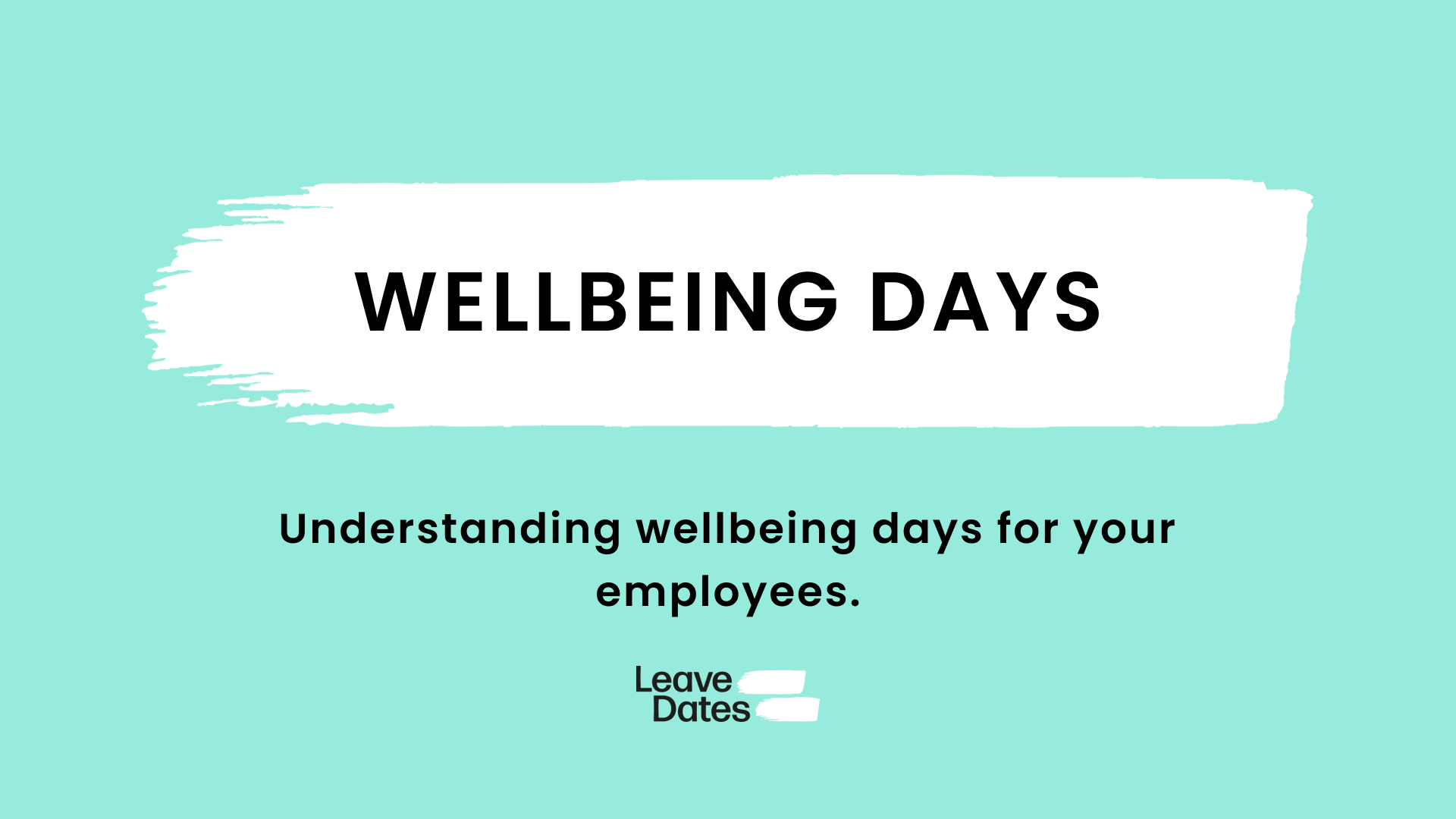
Starting and running your own business is a journey like no other, and business owners know how difficult it is to take a sufficient break. In the first few years, you take on a bit of every role to find your feet, and it can feel near-impossible to step away from your responsibilities, even if for a week or two. Over half of UK business owners report poor mental health due to long hours, poor sleep and, you guessed it, lack of time off. The benefits of time off speak for themselves, but planning for that time whilst growing your business is easier said than done.
This article explores some of the challenges and strategies for taking a well-deserved break as a small business owner and making the most of it.
Why taking time off is essential for your business
Burnout prevention
As a business owner, you will have worn many hats to grow and scale, stepping far outside your expertise to get everything done. Unsurprisingly, your new-found skills can leave you as exhausted as you are multi-talented, and it can only be sustained for a while.
Gaining a new perspective on your work
Proximity to anything in life can skew our view, and business is no different, especially regarding creativity, innovation and strategy. Breaking away from the day-to-day routines allows our minds to relax, and we approach problems without the clutter of other business matters.
Improves your decision-making
Our stress levels often impact our ability to make our best decisions. Stress looks, feels and shows up differently in everybody, but taking time away from your business refreshes your mindset and can help you pave a clear path forward for your business when you return.
It gives you a creativity boost
A relaxed mind helps creativity thrive, and stepping outside your routine and environment, meeting new people, and seeing new places can significantly benefit your creative flow.
Why taking time off has its challenges
Financial implications and self-employed holiday pay
Let's deal with the big one first - money.
Life would be a permanent holiday if we didn't need to earn a living. Many self-employed people don't get paid if they aren't working. If this describes you, it is a significant barrier to taking time off - no matter how much you need it.
In other instances, your business may pay you a salary, so you also have self-employed holiday pay, but you are solely in charge of managing your business's workflow. You have an excellent opportunity to train a trusted and capable member of staff to develop your business in your absence. Not only will it give you the chance to take a break, but it will safeguard you in an emergency.
Delegating your role to your team
Your business is your baby; we understand entirely. Handing the keys and entrusting another team member with your responsibilities can be a real challenge. This crucial management skill is important for personal, professional, and business growth—for you and your staff.
Fear of missing out on opportunities
It is easy to stay very attached to your work due to a fear of missing out (FOMO) on work opportunities. It is commendable to be so passionate about your business and want to take advantage of potential development opportunities, but does your FOMO also apply to your personal time?
Strategies for taking time off as a business owner
Being an effective delegator
Thoughtfully select the team members you believe will make the best decisions for your business, prepare a detailed handover, and practice key tasks with them where possible.
If you communicate your expectations clearly, a reliable team member will dazzle you with their capabilities.
Communicate boundaries
Put systems in place to ensure that every stakeholder is informed that you will be absent and the level or frequency of contact that can be expected.
Some people to include in this communication are:
- Employees
- Clients
- Suppliers
- Advisors
You could communicate this actively with a call, message, or email, using social media or passively with auto-responses on your email, and of course, using a leave management system. Ensure the relevant people know the duration of your absence, and give them a contact person in the office for urgent matters.

Take a break from technology
It's easier said than done, that's for sure, but taking a break from technology doesn't mean you need to spend your two-week holiday without your phone. It could be as simple as agreeing with your family that you will only check your emails once daily at a designated time and take up to 15 minutes on responses.
If you haven't tried a technology detox in a while or at all, give it some practice before your break and ease yourself into a new habit.
Plan as much as possible
Many of the above recommendations involve a change of mindset and behaviour, so it will be worthwhile to plan ahead for your time off. Of course, planning time off in the slower period is always a good idea, especially if you are training team members to undertake new tasks.
Complete as many tasks in advance, document processes as you go so that staff have complete instructions and can avoid contacting you too much, and always map out a contingency plan for the unexpected.
Conclusion
Taking time off may seem like a privilege or luxury, but it is, in fact, a necessity for your health and the health of your business. Entrepreneurship is demanding, and we live within a culture where 'the hustle' is glorified to the detriment of mental and physical health.
Arianna Huffington hit the nail when she said,
“Give up the delusion that burnout is the inevitable cost of success.”
Embracing time off is crucial to success and a sustainable business, so if you have been talking yourself out of a much-needed break, now is a better time than ever to reconsider and plan for a great summer.



